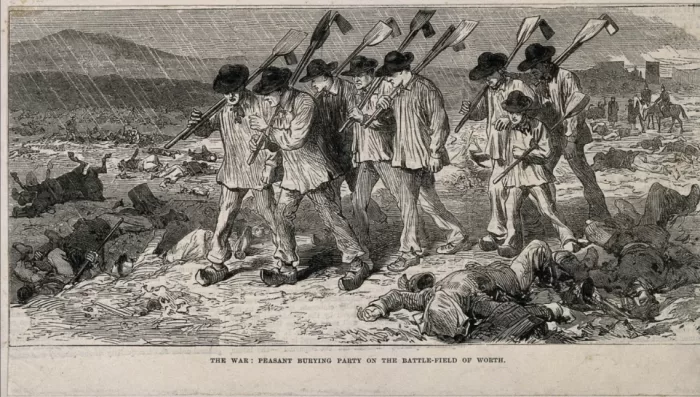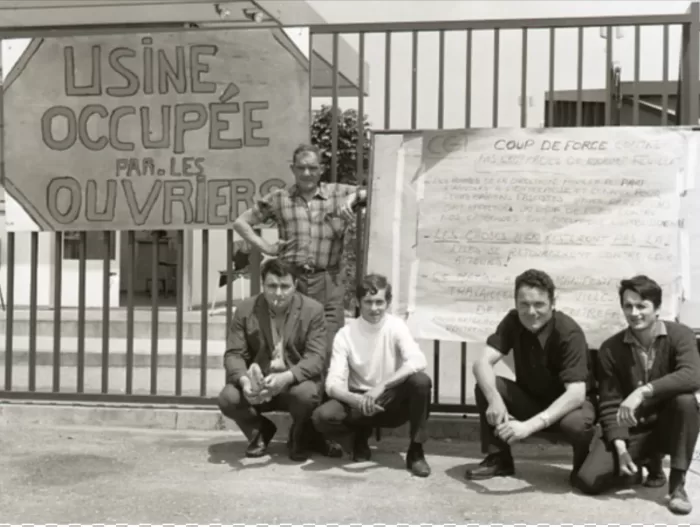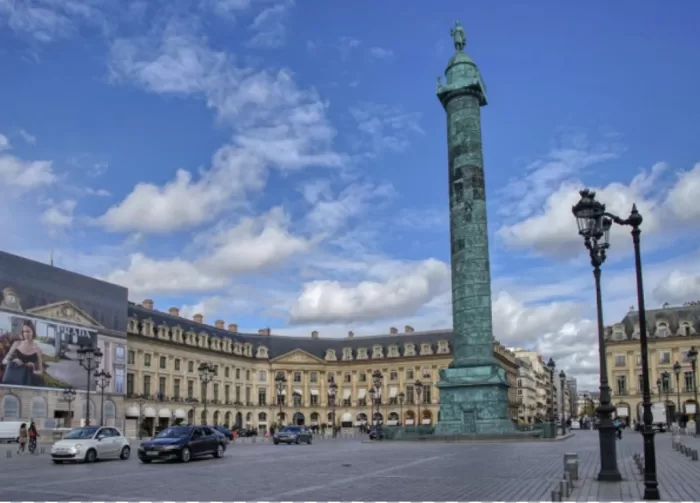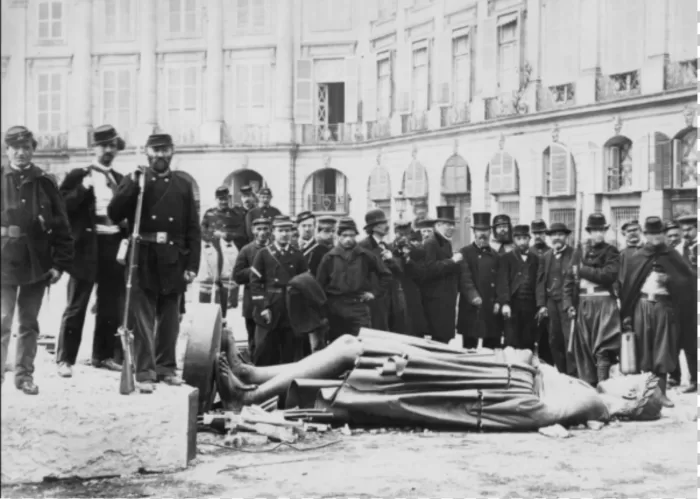The Paris Commune: A Two Month Wonder or Lasting Legacy?

La Guerre de 1870, or the Franco-Prussian War, ended with German forces completely defeating the French armies. A National Assembly was hastily elected to negotiate a peace treaty with Germany. During the period of political turmoil that followed, the official French government was established in Versailles. But a revolutionary group of communards, unhappy with the way the war had been conducted, seized power in Paris in March 1871. They ran the capital for a mere seventy-two days before they were bloodily suppressed.
This was la Commune de Paris.
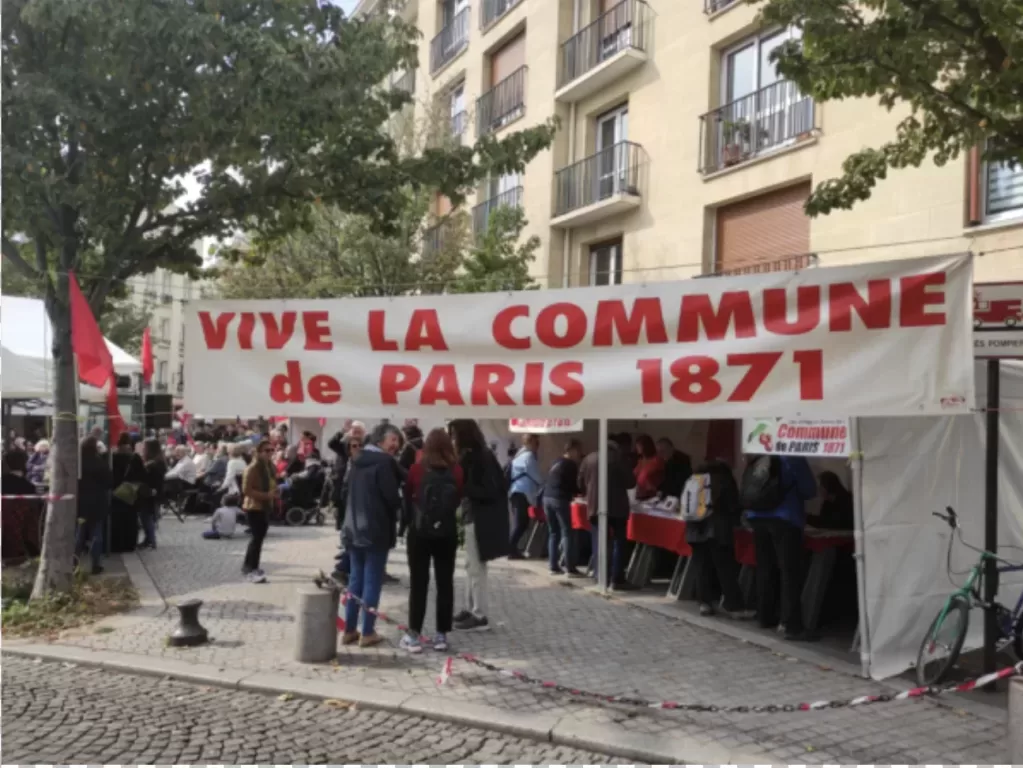
What exactly was The Paris Commune?
Although sometimes dismissed as a minor event, led by a dangerous group of atheists and communists, the Commune had several important and symbolic influences on the future of France — and on political thinking around the world.
A clutch of ideas, first aired during the Revolution of 1789, were revived and reinvigorated. The objective was to create a progressive, self-policing, anti-religious, social democracy based on equality for all.
- Debts in pawn shops were abolished.
- Factory management by workers, and the election of labour representatives, were established.
- Night shifts in bakeries were abolished.
- Other labour laws to reduce oppressive working hours were introduced.
- Vacant housing was requisitioned.
- Catholic churches and schools were closed.
- Free education was made available for all children, and child labour was outlawed.
- Soup kitchens for the poor sprung up in various parts of the city.
- Female teachers’ salaries were increased to the level of their male colleagues – Although voting rights were not extended to them, other feminist ideas flourished and women were given a new position in society.
But the Archbishop of Paris and many gendarmes and priests were executed. The Hôtel de Ville, was torched. So was the Palais de Justice.
Adolphe Thiers, was elected head of the new French Third Republic. Forced to flee the capital in the turmoil, he established his headquarters in Versailles and ordered the French army to attack Paris to restore order.
The commune was quickly crushed, and by the third day, troops of the new Republic had overrun most of Paris. La semaine sanglante followed, and the slaughter of citizens began in earnest.
Even Pere Lachaise was not spared. Government troops used cannons to blast open the gates to get to the occupying communards. A battle was fought amongst the gravestones. The cemetery’s Mur des Fédérés is the wall against which the revolutionaries were shot. One hundred and fifty corpses were buried in a mass grave at the foot of the wall. Two months after it was founded, the Commune no longer existed. An estimated 750 government troops and 20,000 insurrectionists were killed.
Were the radical ideas of the Paris Commune long-lived?
The Commune’s radical ideas can easily be dismissed as a bloody experiment that went nowhere. But their anti-establishment, anti-clericalism, and revolutionary fervour terrified the establishment and the ruling classes throughout Europe.
Some important concepts were spawned and aired in the bloody streets of Paris while the communards held sway.
Fredrich Engels said the Commune was the first example of the dictatorship of the proletariat, and
- much of Karl Marx’s socialist thinking was galvanised by its radical ideals.
- Lenin’s conclusion was only that it wasn’t ruthless enough.
- Mao Tse-tung claimed to have been inspired by the events,
- and a case can be made that it undoubtedly influenced the history of the Russian, Chinese, Cuban and several other revolutions. Ideas that a new era of proletarian governments was just over the horizon took root.
The impact of three French Revolutions
All three revolutions have had an impact on French political thinking that survive to this day.
- Le Terror followed the French Revolution. It immediately took on its own dimensions and was soon out of control. The guillotine was always hard at work.
- Thousands died when Versailles troops suppressed the Communards during la semaine sanglant.
- And, although only two deaths resulted during le Mai 68 clashes on the streets of Paris, the alliance of students and unionists versus the police brought the national economy to a halt. Some historians believe outright civil war was only closely averted.
The cost of political change invariably extracts a hefty bill.
But when the tariff is paid in blood, it helps to have a strong stomach to see it as unqualified progress.
Image credits:
All Wikimedia creative commons
Your subscription to the (free or paid) ‘le Bulletin’ will be gratefully received, and will help me continue to build ‘le Bulletin’ - the weekly newsletter of MyFrenchLife.org Magazine to be even more rich. Merci Mille Fois

